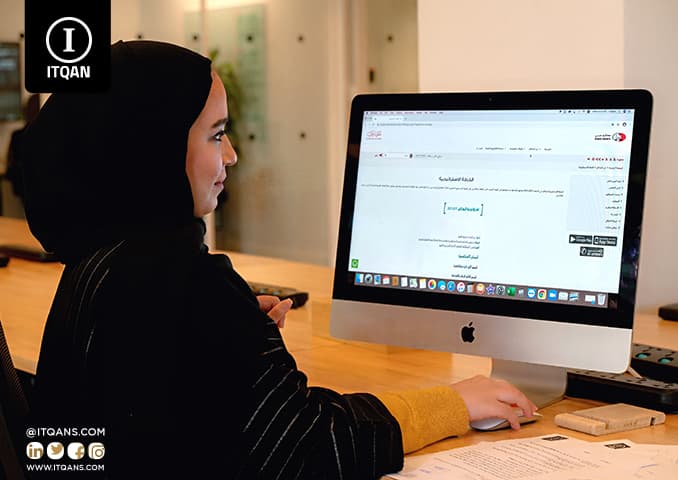Cost of issuing a commercial license
Issuing a trade license is one of the basic steps that any investor or business owner must take when establishing a new project. A trade license is an official permit that allows individuals and companies to practice their business activity legally, and contributes to protecting their rights and enhancing trust among dealers. In the United […]











